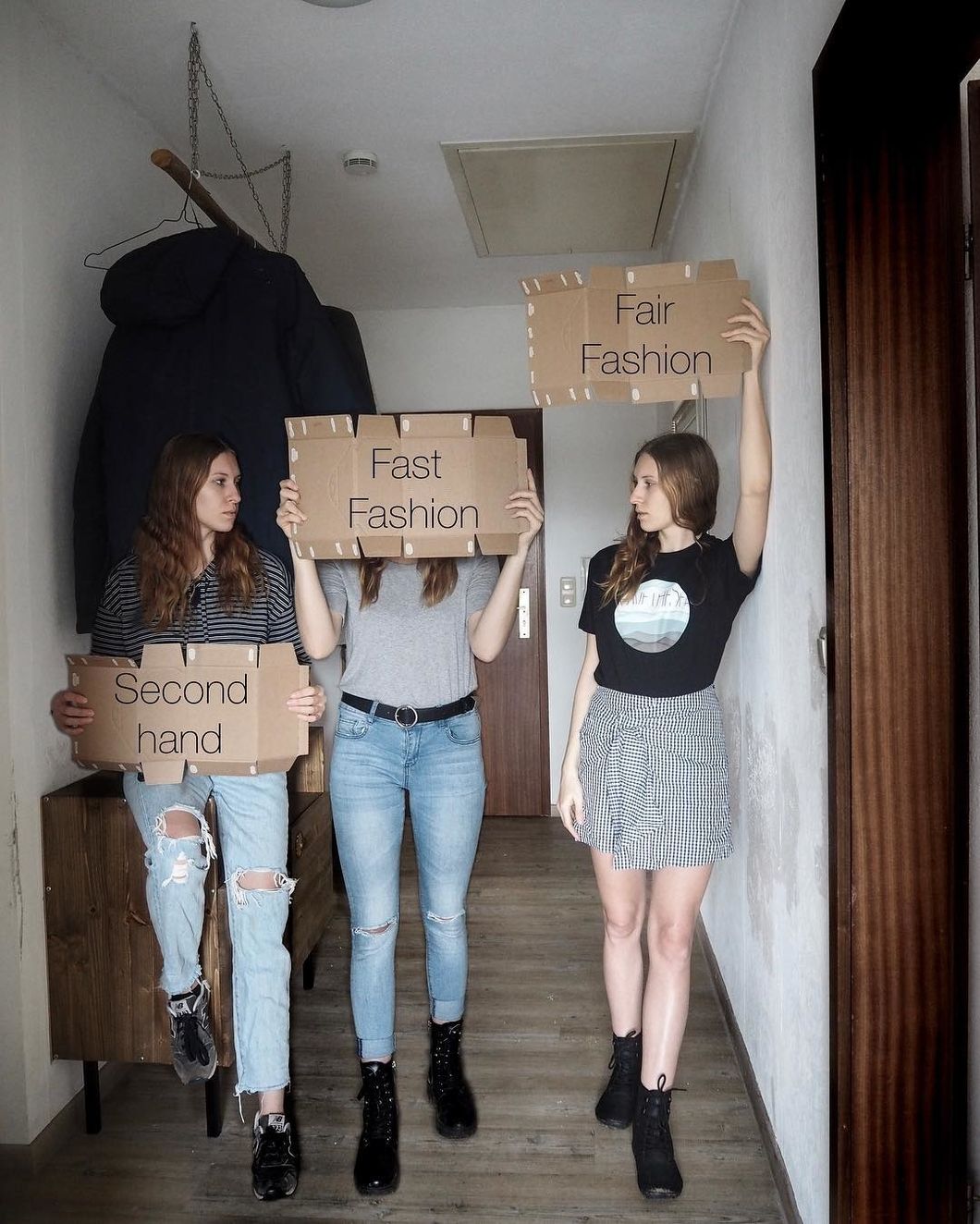Often you hear all the negatives of pollution — poor sea turtles are dying because of plastic straws found in the ocean. Then, we started the movement for metal, reusable straws, while Starbucks introduced strawless lids. Pollution is more than plastic straws in the ocean. A lot of people do not realize that clothing, fabric, and textiles are the second largest pollutant in the world.
Over the past three years as a fashion major, I have learned all about textile waste. I have learned that because of fast fashion we are harming our planet and killing it faster. Fast fashion is a dangerous business because trends come and go. And, where do all those old clothes end up if not sold? Landfills! Many of the fibers in your clothing cannot decompose, leaving them to just sit in a landfill for the rest of its time.
Fast fashion is also unsafe for people who are working in this industry. Companies are able to produce cheaply priced clothing because they outsource from other countries where it may be made cheaper. These workers work in very unsafe conditions. Space is cramped with huge machines running miles an hour with needles and another sharp object moving all around them, which leads to many injuries in the factory. They do not pay fair wages for the work that is being done by these people either. Most of the workers are children because families need extra income and children are paid less.
They have even created a documentary called "The True Cost," streaming on Netflix. This documentary explains more in-depth how harmful fast fashion actually is and how dangerous it is to the people who work in this industry. It looks closely at the company H&M in regards to how it treats its international workers and how it is able to produce such inexpensive clothing.
A way companies can reduce their amount of textile waste is sending it to places that will take it and repurpose it. This past spring break, I had the pleasure to work with a company called FabScrap in New York. They are a company that will take fabric scraps from fashion and clothing companies and repurposes the textiles into insulation for houses. Volunteers come in and separate different types of fabric that will be repurposed. To thank their volunteers for their efforts, they are allowed to take home five pounds of free fabric that has been donated to the company.
It is important to understand the reality of fast fashion. Yes, many want to stay up to date with the latest trends and styles they see on social media platforms but it is also important to maybe pay a little more for the items we want. Eventually when you are done with those items as well sell them to second-hand resale shops or donate them to those who could use them rather than throwing them away in a plastic trash bag that will rot in a landfill for years.








































